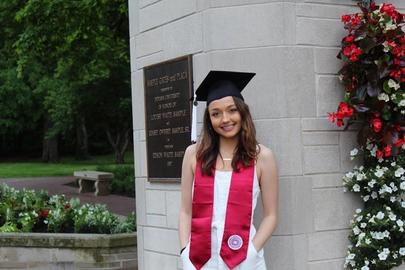- About Us
- Advertise / Support
- Editorial Board
- Contact Us
- CancerNetwork.com
- TargetedOnc.com
- OncLive.com
- OncNursingNews.com
- Terms & Conditions
- Privacy
- Do Not Sell My Information
- Washington My Health My Data
© 2025 MJH Life Sciences™ and CURE - Oncology & Cancer News for Patients & Caregivers. All rights reserved.
Expert Talks ‘Massive Exposure’ to Toxins After the 9/11 Attacks

Jamie Cesanek, Assistant Web Editor for CURE®, joined the team in March 2021. She graduated from Indiana University Bloomington, where she studied journalism and minored in sociology and French. In her free time, she enjoys hiking, running, or enjoying time with friends and family. Email her at jcesanek@curetoday.com.
An expert from Mount Sinai shares his account of Sept. 11, 2001, and describes how the toxins released as a result of the attacks have long-term health impacts.
Before listening to this podcast, please note that it contains a personal account of 9/11 terrorist attacks in New York City that may be unsettling or triggering. Listener discretion is advised.
Dr. Michael Crane watched in horror from Long Island City as the second World Trade Center tower fell on Sept. 11, 2001. In that moment, he decided he would do everything he could to help the situation.
Today, he works as Medical Director of the Selikoff Centers for Occupational Health of the World Trade Center Health Program Clinical Center of Excellence at Mount Sinai. Crane is an expert on the physical and mental health impacts of the 9/11 attacks on rescue and recovery workers, and shared some insight on the latest research and concerns for these individuals in this episode of the “CURE® Talks Cancer” podcast.
“Everyone down there has to be assumed to have been exposed just by the look of the place after the collapse,” Crane said. “And we know that the dust got into air conditioning vents inside people's windows, and people went back to their offices and there was three inches of dust in the middle of their desk – and that was over on Wall Street. So this was a very, very diffuse and massive exposure, plus all the stuff we don't know about that got away into the air.”
For more news on cancer updates, research and education, don’t forget to subscribe to CURE®’s newsletters here.
Related Content:



